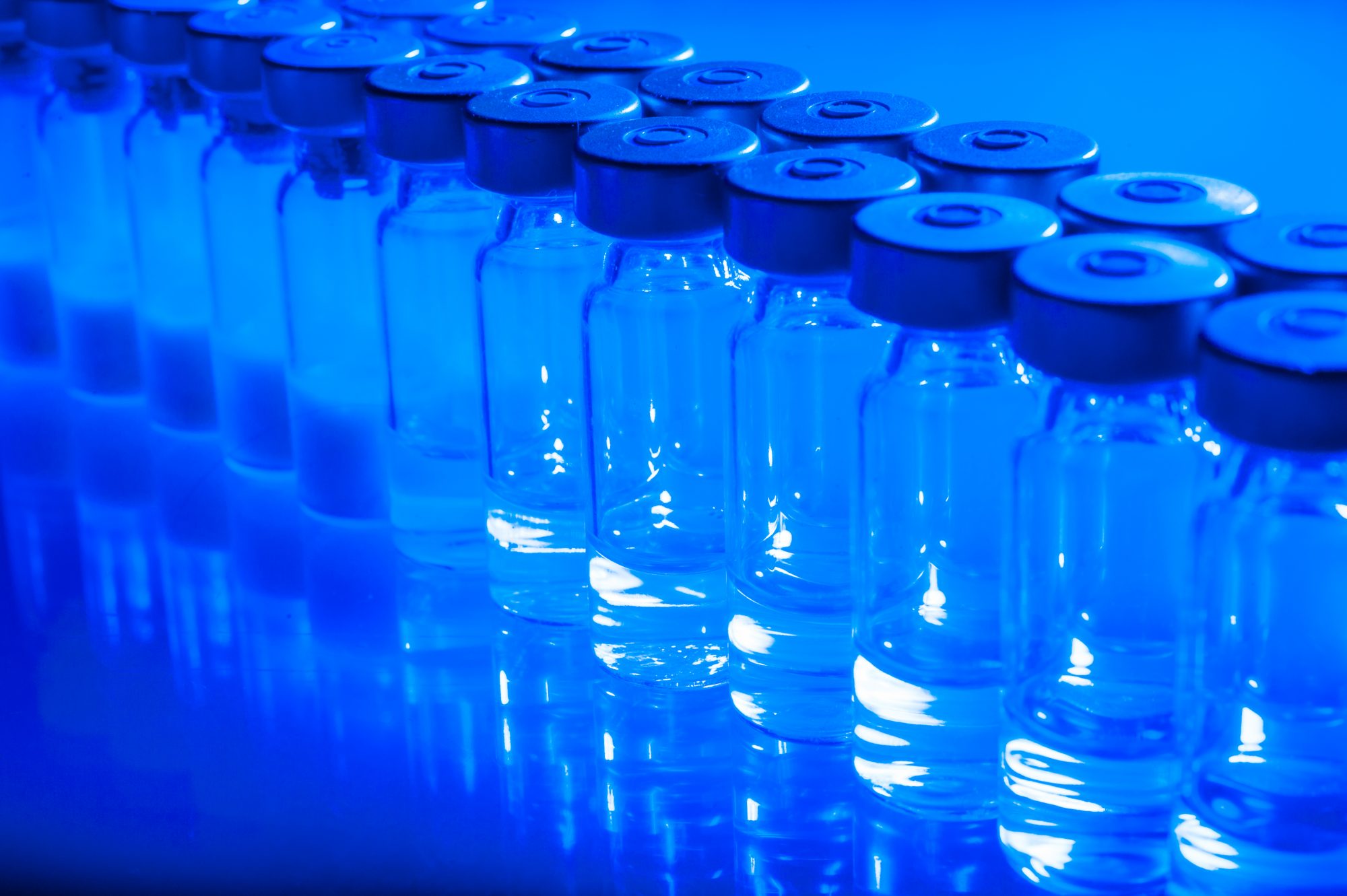The WHO licensing agreement with the Medicines Patent Pool (MPP) and US National Institutes of Health (NIH) should improve access to some COVID health technologies, like early-stage vaccines and diagnostic tools
The official news about the license agreement came through at the second Global COVID-19 Summit via the US Government.
The licenses are transparent, global and non-exclusive. The agreement will allow for manufacturers from around the world to work with MPP and C-TAP, increasing access to these technologies to those living in low- and middle-income countries who have been historically excluded.
The two licenses offer 11 COVID health technologies including the stabilized spike protein currently used in COVID-19 vaccines, as well as vaccine research tools, therapeutic and diagnostic development and early-stage vaccine candidates and diagnostics.
What are the 11 COVID health technologies that will now be shared under the licensing agreement?
- Prefusion spike proteins (Vaccine Development)
- Structure-Based Design of Spike Immunogens (Research Tool for Vaccine Development)
- Pseudotyping Plasmid (Research Tool for Vaccine Development)
- ACE2 Dimer construct (Research Tool for Drug Development)
- Synthetic humanized llama nanobody library and related use (Research Tool for Drug and Diagnostic Development)
- Newcastle Disease Virus-Like Particles Displaying Prefusion-Stabilized Spikes (Vaccine Candidate)
- Parainfluenza virus 3 based vaccine (Vaccine Candidate)
- A VSV-EBOV-Based Vaccine (Vaccine Candidate)
- RNASEH-Assisted Detection Assay for RNA (Diagnostic)
- Detection of SARS-CoV-2 and other RNA Virus (Diagnostic)
- High-Throughput Diagnostic Test (Diagnostic)
The full list of the NIH COVID-19 technologies covered in the agreement, including a HIV drug and an early-stage candidate from Pfizer.
The stakes are high for future public health crises, sharing COVID health technologies will help
Future public health scares are inevitable and so the stakes are high. Fortunately, the agreement between the WHO’s C-TAP and the MPP with NIH could help to prevent future health crises.
Roughly about 67.3% of the global population has received their first dose of a COVID-19 vaccination, but a stark gap exists between different vaccination programmes across countries.
Currently, only 7.9% of Nigeria’s population is fully vaccinated against COVID. A similar story can be told of Sudan, with only 8.5% of the population fully vaccinated. In comparison, the rate in the United Kingdom is much higher, sitting at 74%.
Licensing the NIH technologies to MPP under the auspices of C-TAP will enable better access to technologies, which have the potential to be developed into commercial products capable of solving current and future public health crises.
NIH have also stated that, in most circumstances, it will not collect royalties on sales of products licensed in 49 countries classified by the United Nations as Least Developed Countries.
However, the right to manufacture most existing vaccines – like Pfizer and Moderna – remains locked under intellectual property laws still being debated by the World Trade Organisation.
C-TAP was launched in 2020 by the WHO director-general and the President of Costa Rica and is supported by 43 Member States. The aim of the organisation is to facilitate timely, equitable and affordable access to COVID-19 health products by boosting their production and supply through open, transparent and non-exclusive licensing agreements. MPP provides the licensing expertise to this initiative and holds the licences.
Sharing licensing empowers lower-income countries to beat health emergencies, says WHO director-general
“I welcome the generous contribution NIH has made to C-TAP and its example of solidarity and sharing,” said Dr Tedros Adhanom Ghebreyesus, WHO director-general.
“Whether it’s today’s pandemic or tomorrow’s health emergency, it’s through sharing and empowering lower-income countries to manufacture their own health tools that we can ensure a healthier future for everyone.”
The MPP executive director, Charles Gore, added: “We are honoured to sign these public health-driven licence agreements with NIH under the auspices of C-TAP with the goal of providing equitable access to life-saving health products for the most vulnerable in the world.
“NIH were the first to share their patents with MPP for an HIV product back in 2010 when we were created, and we are delighted to continue strengthening our partnership. It is clear that MPP’s model works across different health technologies.”











